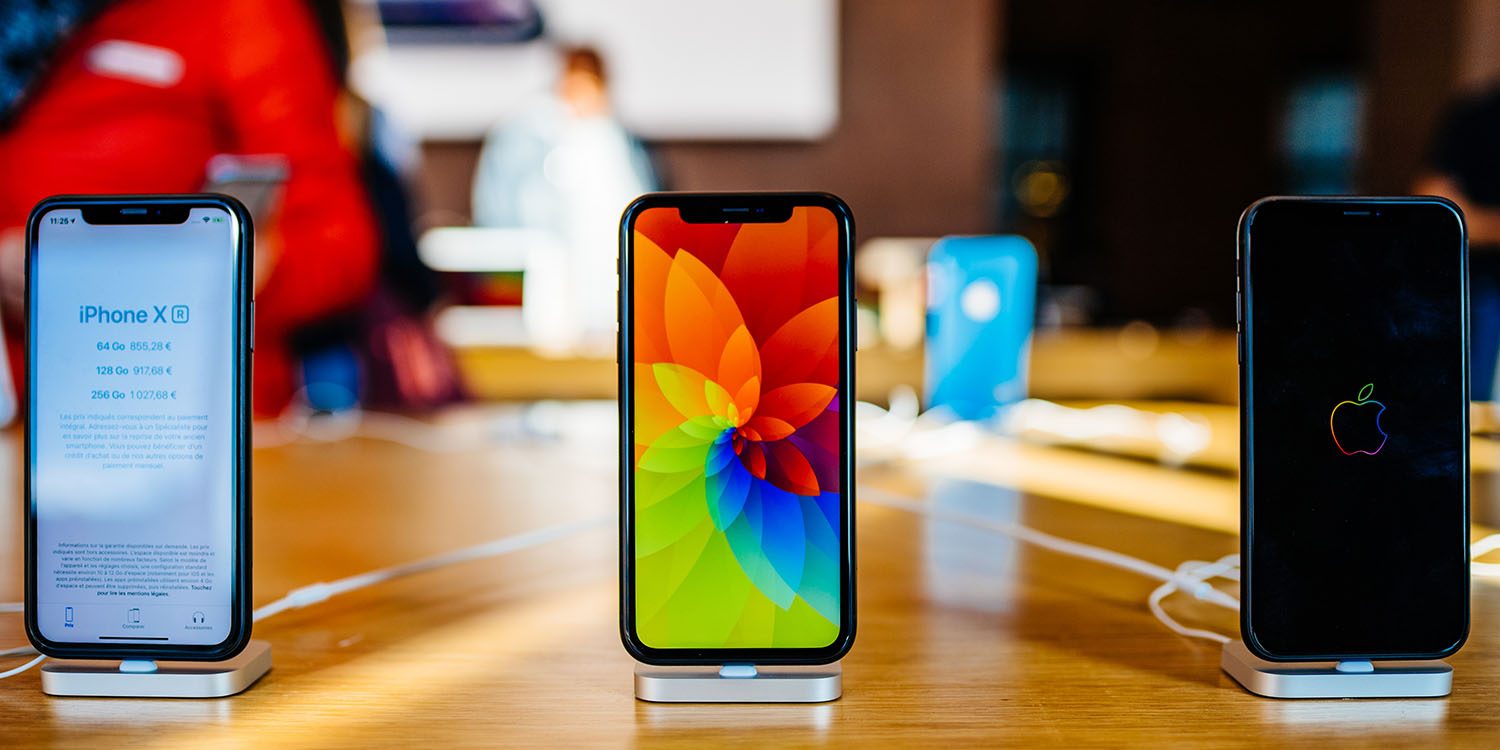 1659
1659
 2019-01-09
2019-01-09
When it comes to mistakes, over-estimating your quarterly revenue by between $5B and $9B is a pretty big one – and the market was understandably shocked when Apple admitted it had done so. One analyst says Apple’s failure to predict its holiday quarter can be explained by three errors, and he’s written a blog post explaining each.
But he also believes there are three reasons for optimism about the coming year …
Analyst Ben Thompson – who previously worked for Apple – isn’t just another analyst using the benefit of hindsight to come up with his explanation for what has now happened: these are all arguments he made ahead of Apple’s announcement. Indeed, he admits that he may be guilty of confirmation bias precisely because he predicted this.
He says that although we’ve seen revenue dips before, this one is particularly steep.
This year does a project to be the worst first quarter of all three: a -5% revenue decline, and -1% net income decline; this decline comes after last quarter’s announcement that Apple would no longer disclose unit sales, which precipitated the current slide in the stock price.
What makes this quarter seem so much worse was both the already negative sentiment surrounding the shift in Apple’s reporting (the presumption being the company wanted to hide declining unit sales), and also the fact that Apple’s management forecast was so off

Apple failed to predict this particular side for three reasons, argues Thompson:
China, specifically a failure to appreciate the iPhone’s status there
Failure to see that signs pointed to the iPhone XR struggling
Blindly believing that iPhone growth is the default state of affairs
1. China
China is a unique market in many ways. It is a market in which being seen to have the latest and greatest product is unusually important, and therefore a particular challenge for S models. The over-emphasis on hardware is because the software – or Apple’s ecosystem – is far less important there.
We’ve previously explained the reasons for this, namely that WeChat is effectively the ecosystem that matters in China. Whether you access that using iOS or Android is of little importance.
Now that local brands like Huawei and Xiaomi are producing high-end flagship smartphones with almost equal status value, Apple should have appreciated that there is not much incentive for Chinese consumers to buy an S model iPhone when they could have a visibly new handset from an equally respected brand.
2. Non-flagship iPhones
Apple also underestimates the number of its customers who want the flagship iPhone or nothing. That, suggests Thompson, is why the iPhone XR has seemingly missed expectations. Those who were unwilling to pay for an iPhone XS have stuck with their existing model rather than settle for the iPhone XR.
3. Believing growth is guaranteed
Third, Apple appears to have believed that iPhone sales would continue growing even in a saturated market. The company wasn’t considering that its growth to date has largely come from expanding into new markets – plus the huge boost it got when it finally released the larger-screened iPhones people had long wanted back in 2014.
iPhone growth had multiple causes: certainly, the inherent quality and new features of each annual iPhone model played a role, but an arguably bigger factor was simply distribution — getting the iPhone onto more carriers in more countries. Indeed, I strongly suspect the predictable impact of increased distribution helps explain why Apple’s earnings forecasts were so eerily accurate for so many years.
Reasons for optimism
But the analyst also believes there are three reasons for optimism about Apple’s future.
The good news for Apple is that to the extent these errors really were predictable, there is nothing structurally different about the company’s competitive position today versus six months ago, when the current stock slide began.
The next iPhone hardware revision should sell better in China, simply by virtue of being new (and the implication of it being easy to switch away from iOS is that it’s easy to switch back).
Customers still prefer Apple’s flagship iPhones, no matter how expensive they are.
Headwinds like currency and battery replacement programs will go away, and phones, thanks to their centrality in people’s lives as well as the greater likelihood of harm, will always have a faster replacement cycle than PCs.
Meanwhile, the company’s Services business continues to grow, along with its installed base.
Source: 9to5mac